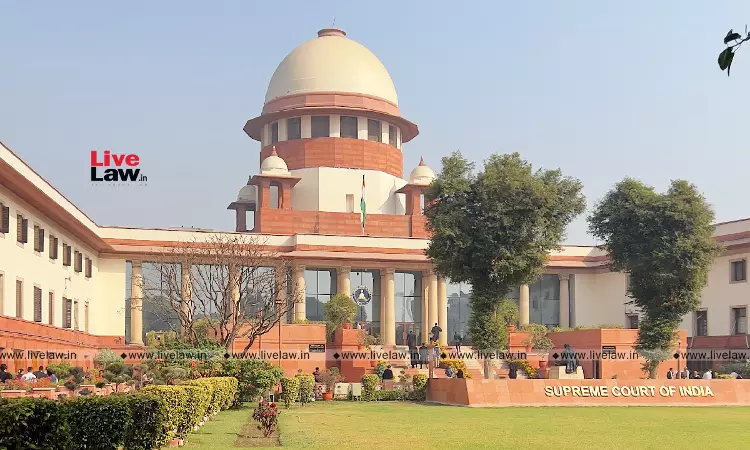'Classic Case Of How System Operates & Delays Trial': Supreme Court While Allowing Accused To Recall Witness After Over 3 Years
Amisha Shrivastava
28 Nov 2024 10:51 PM IST

The Court criticized the public prosecutor and government lawyer for unfairly opposing the recall application before trial court and HC.
Next Story


